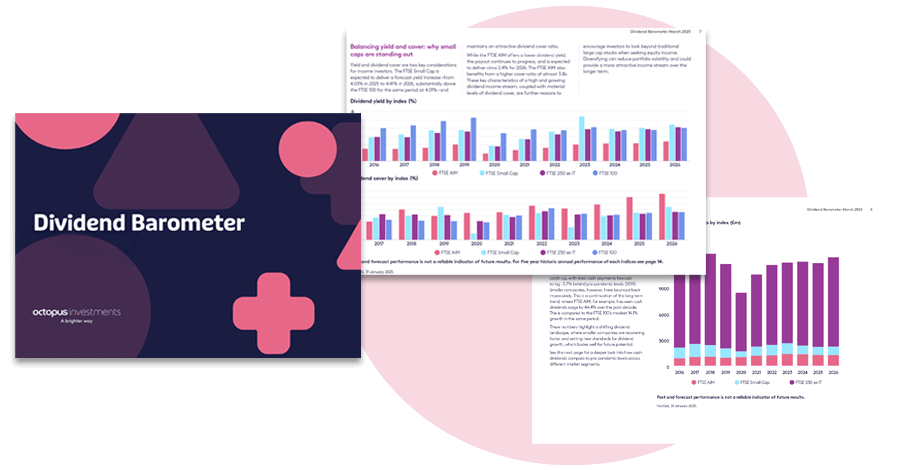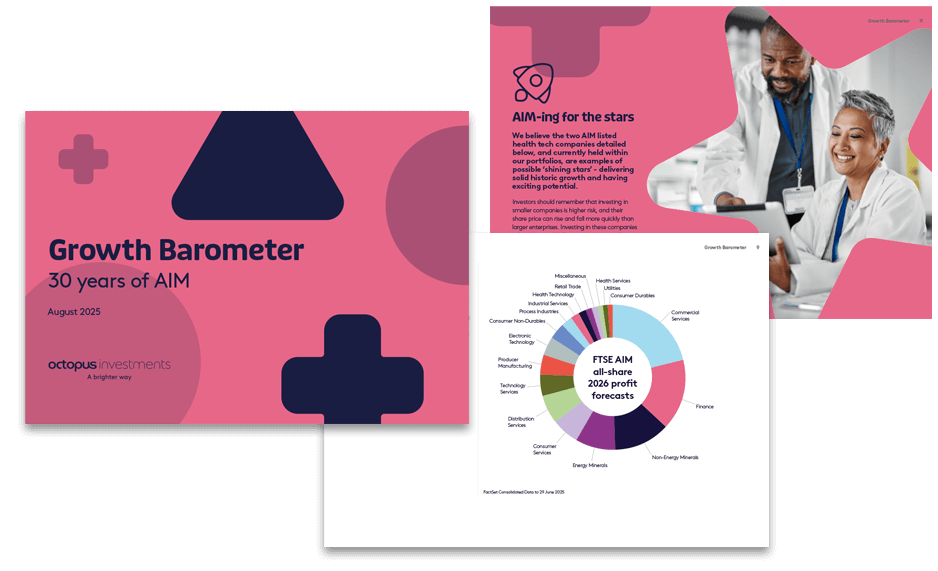Chances are, most of your clients will be looking to leave their home to a direct descendant. So it comes as good news that, from 6 April 2020, the residence nil rate band (RNRB) has risen to £175,000. That’s the final annual rise of £25,000 since the RNRB came into effect in April 2017.
It also makes it a good time to revisit estate planning with some clients, and make sure their planning reflects the new, larger allowance.
Every month, we’re running The Octopus Online Show, a live online event that will look in depth at this and other topics that often come up when you’re recommending an investment as part of someone’s inheritance tax planning. You can get all the details at octopusinvestments.com/octopus-online-show.
The public remains confused about the RNRB
There’s still a lot of confusion among the wider public about how the RNRB works. For example, in a recent survey commissioned by Octopus1, a fifth of those who responded incorrectly said they believe the RNRB means main homes are entirely exempt from inheritance tax whatever their value.
So, I thought we could take a closer look at the RNRB and some of the quirks that you may or may not be familiar with. Starting with the two criteria that determine whether or not the RNRB applies:
- There needs to be a ‘Qualifying Residential Interest’ (QRI).
- Qualifying property must be ‘closely inherited’.
What counts as a QRI?
The RNRB is only available to individuals or couples who have a QRI when they die, or who had one before. QRI means ownership of a residential property that has been the deceased’s home at some point.
Note that the property does not have to have been their main residence at the time they pass away. So a buy-to-let property would not qualify, but a property that was once the deceased’s home and was later let to tenants could.
What does ‘closely inherited’ mean?
‘Closely inherited’ means inherited by a direct descendant. The following beneficiaries would qualify as direct descendants:
- The deceased’s children (which could include adopted, fostered or stepchildren) and grandchildren.
- The spouses of those children or grandchildren.
- The widows, widowers or surviving civil partners of those children or grandchildren if not remarried at the date of death of the property owner.
Let’s now look at some aspects of the RNRB that have the potential to catch people unaware.
The RNRB does not apply for homes transferred before death
An important distinction between the RNRB and the £325,000 nil rate band is that the RNRB only applies to homes owned when a person dies. So if the home is transferred to children as a lifetime gift, the RNRB will not be available to offset against that transfer. By contrast, if the home is left to children on death, the RNRB will be available.
Homes settled into trust are unlikely to qualify
You may have a client who plans to settle their home into trust when they die. If it’s a discretionary trust, it is unlikely that the RNRB will be available in most instances, even if the potential beneficiaries are children or grandchildren. These rules are complicated, so it’s worth getting tax advice if needed to make sure the RNRB will be available as you expect.
In addition, the RNRB will not apply if the home is transferred into discretionary trust during someone’s lifetime.
Widows and widowers may need to do some extra planning
The RNRB comes with a ‘tapering restriction’. The amount of RNRB available is reduced by £1 for every £2 by which the deceased’s net estate exceeds the ‘taper threshold’ of £2 million. In a typical married couple scenario, the second spouse may well need to do some planning once they receive the first spouse’s assets if they want to benefit from the RNRB in full.
Next week, I’ll be taking a look at what options a client might have if their estate is above the £2 million threshold.
In the meantime, registrations have opened to book your place for The Octopus Online Show. They’re live, online, and useful if you have any clients who may need to do estate planning now or at some point in the near future.
For more details, and to book your place, go to octopusinvestments.com/octopus-online-show.
1Research conducted by Opinium between 13 and 16 March 2020 amongst 2,003 UK adults.
Octopus inheritance tax investments put investor capital at risk. We do not offer investment or tax advice.










